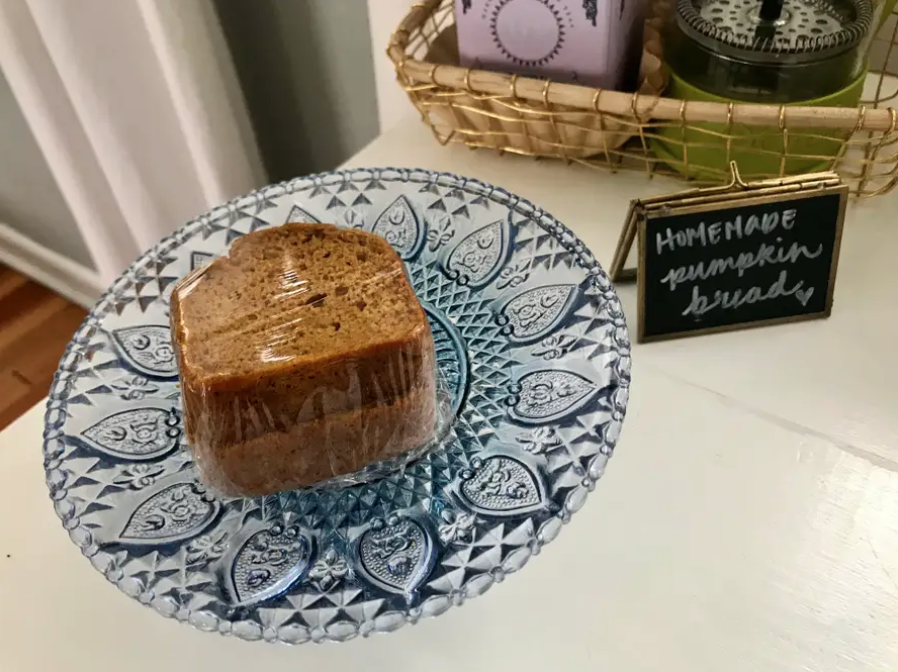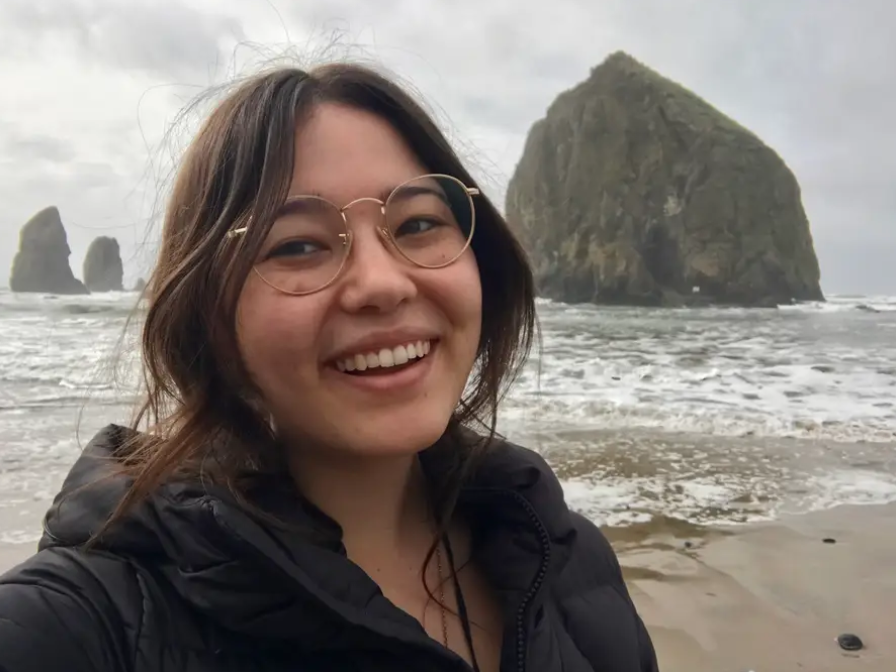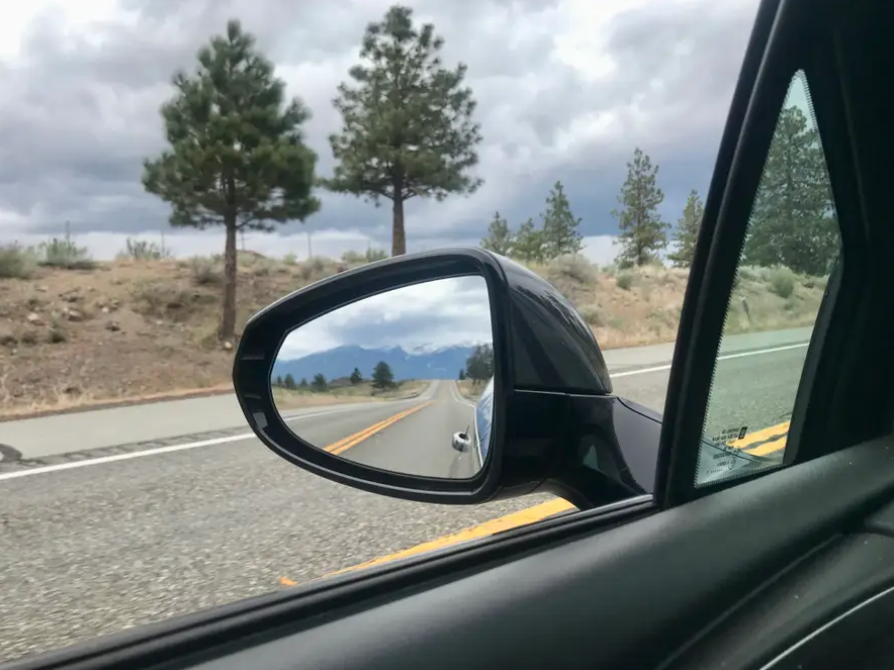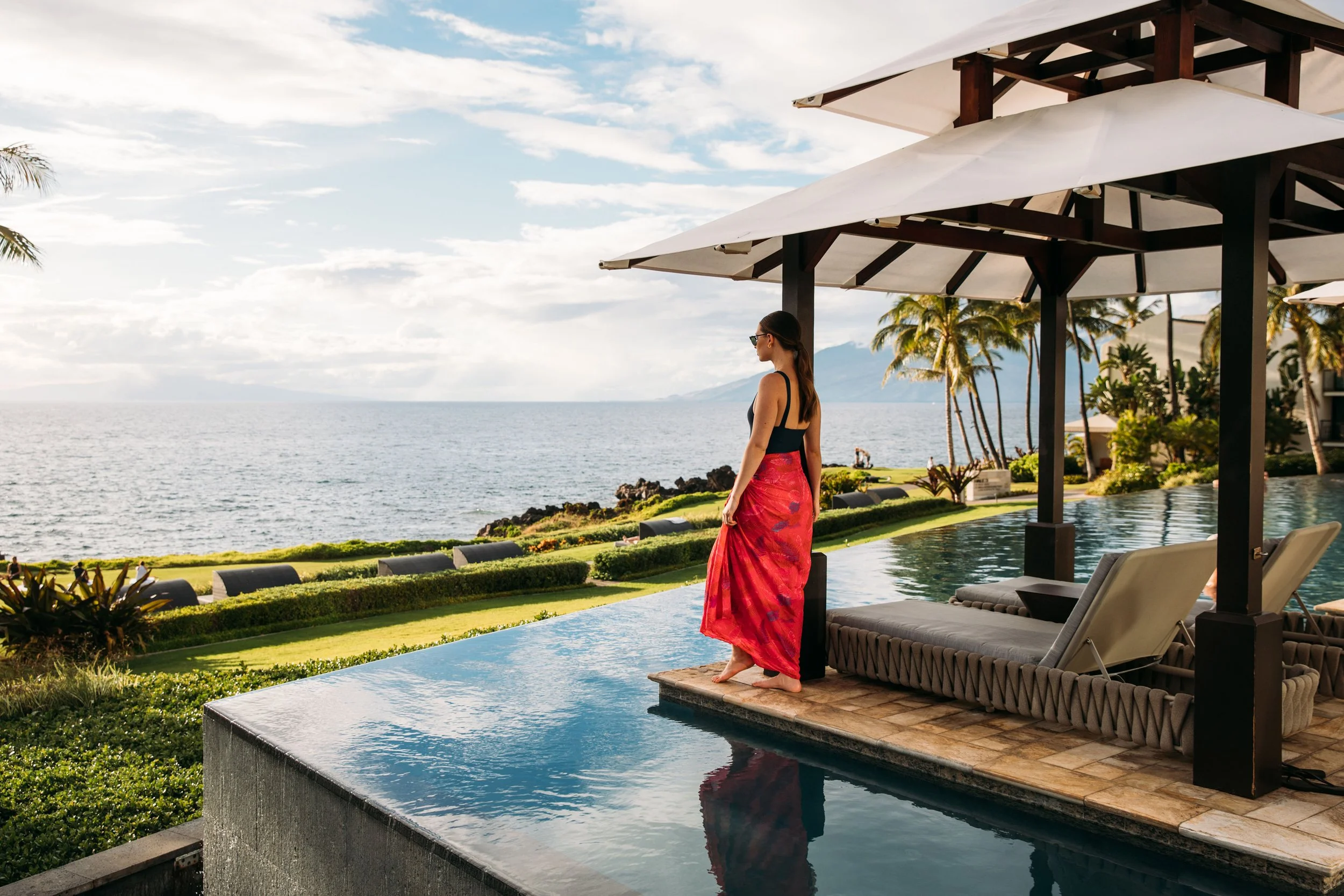I lived in Airbnbs around the US for over a year. It was cheaper than paying rent, and I got to explore 14 different cities
I lived in Airbnbs for over a year, staying in each one for about a month at a time.
It gave me time to immerse myself in local communities and make connections with property hosts.
Out of all the ways I've traveled, long-term Airbnb stays were my favorite.
Accommodations can make or break a travel experience. I've tried my fair share of lodgings, from hotels and villas to motels and hostels, but my favorite way to travel is staying in Airbnbs with local hosts.
Ahead of my solo road trip around the western United States, I considered selling my car and outfitting a van. Ultimately, I decided it would be more convenient to book monthlong Airbnb stays in the cities I wanted to visit.
I began my journey with an indefinite timeline and ended up being on the road for over a year. I stayed at 16 Airbnbs in 14 cities across six different states. Sometimes I checked in for shorter weekend trips, but most of the time, I booked longer stays that allowed me to immerse myself in each community.
Here's why I think long-term Airbnb stays are the best way to see the world.
Most of my Airbnb stays cost less than my rent in California.
The downstairs bedroom in the Airbnb where I stayed in Salt Lake City.
Before I set out on my road trip, I was living in a studio apartment in Newport Beach, California, that cost about $1,700 a month. Instead of renewing my lease, I decided to book Airbnbs that were listed at that price or less.
In some cases, I splurged to get nicer spaces. But for the most part, I saved more money staying in Airbnbs than I would've if I was paying rent for my apartment. A lot of hosts also offered discounts for longer stays.
Because I wasn't always on the move, I was able to immerse myself in local communities.
I picked fresh tomatoes from a friend's garden in Ashland.
Shorter trips often feel rushed, as I try to pack as many activities as I possibly can into each day to get the most out of my experience.
Month-long stays allowed me to explore each locale at a more leisurely pace, and I left each city feeling well acquainted. There were even a few fun spots where I became a regular despite my transient nature.
I had a running joke with myself that every time I was about to leave a place, I no longer needed to rely on my GPS for navigation.
Jumping between Airbnb properties gave me an opportunity to experience various types of accommodations.
The Airbnb I booked in Sedona used to be a horse trailer.
When choosing Airbnbs, I often tried to find a space that I could have to myself, such as a guesthouse connected to the host's home or an RV parked on their property.
I also stayed in unique places, like a converted horse trailer in Sedona and a jungle-themed property between Bryce Canyon and Zion.
However, the best stays were in private rooms inside of hosts' homes.
Most of my hosts lived in the house or on the property where I was staying, so I formed friendships with them.
My host in Salt Lake City left a sweet treat to welcome me.
Though I had loved ones living in many of the places I visited, it was new friends that made my experience special.
Some of the easiest connections I made were with my Airbnb hosts, and I strategically chose spaces where they either lived in the house or on the property (partially to make sure that my money was supporting locals).
I'm still in contact with many of my hosts and can't wait to see them when I visit their areas again. In fact, I recently made plans to visit one and caught up with another over text.
The hosts also gave me a sense of security since I was traveling alone.
I explored Cannon Beach in Oregon during my road trip.
Booking Airbnbs where I knew there would be a host nearby was also a safety precaution. As a woman traveling alone, security was a top priority throughout my journey.
I read many reviews on Airbnb before booking properties to make sure the host and accommodations were vetted.
I rested easy at night knowing I'd have someone close by if there was an emergency. I also notified them if I was going on a hike or outdoor adventure so they knew my whereabouts.
Airbnb's local experiences are a great way to explore a destination and meet locals.
I visited tiled staircases during an Airbnb tour in San Francisco.
Whenever I booked a stay through Airbnb, the app automatically recommended experiences hosted by locals in the destination I was visiting.
I took an archery lesson in Portland, Oregon; went on a foraging trip among the redwoods in Arcata, California; joined a coffee and tea tour in Bend, Oregon; and signed up for a ghost walk and tour of the tiled staircases in San Francisco, California.
I also made friends with the people hosting these experiences. The last time I was in Portland, I had just bought my own archery set before running into my instructor, who told me to let her know when I'm in the area so we can go to the range together.
Because I was driving between properties instead of flying, I could pack as much as I wanted.
Traveling by car allowed me to pack more of my belongings.
I've traveled by plane countless times throughout my life, and packing for a flight is arguably the most difficult aspect of air travel. Since most airlines have a baggage limit, I need to be discerning when I decide what to bring with me.
When I stayed in Airbnbs, I had more freedom because I used my car as a mobile storage unit. I packed the essentials, including kitchen supplies, toiletries, and a lot of books. There was also plenty of room for goodies I bought along the way.
I didn't have to give up any of the amenities I would've if I tried out van life.
The living area in a Salt Lake City Airbnb had plenty of space.
Though I played with the idea of van life, I knew building out the van and dealing with all the other logistics, like figuring out where to park so I could rest and shower, would be too stressful to do alone. It also seemed like it could be a bit isolating.
Instead, I opted for the stability of Airbnbs, which allowed me to make connections everywhere I went. Additionally, I made a point to book places that had a kitchen (or at least a kitchenette), and a bathtub whenever possible (many vans don't have full bathrooms).
Each Airbnb provided a base where I truly felt at home, even if my stay was only temporary.
Axel Springer, Insider Inc.'s parent company, is an investor in Airbnb.











